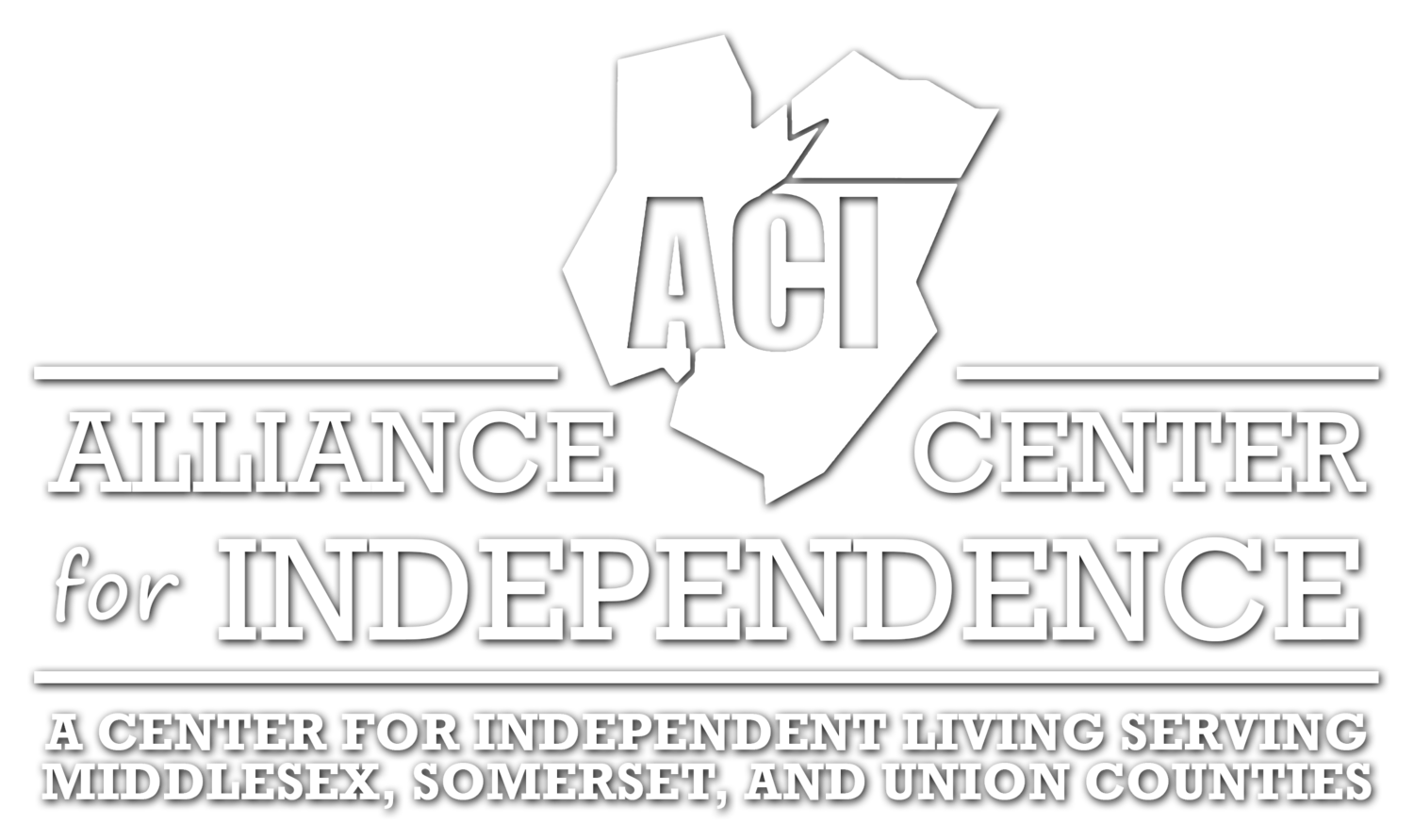Written by Ethan B. Ellis.
Intersectionality is a fancy word for groups that are discriminated against for more than one reason, like African-American women or Muslim immigrants with disabilities. Not only are their experiences qualitatively different than the experiences of members of the dominant culture who are excluded on the basis of one ‘unacceptable’ characteristic, they are often ignored or excluded in that group’s quest for social justice.
In this essay, I argue that the great majority of people with disabilities are the victims of intersectionality, that is, two or more social injustices and will not be fully included and equal until all of those injustices are eliminated from this society.
This leads logically to the conclusion that we must be a part of every battle for social equality and justice.
I recognize that some social justice movements may not see our relevance to their cause or welcome us as allies. I’ll try to deal with that after I establish our legitimate involvement in all issues of social justice.
Although disability is more prevalent among some racial groups due to income and environmental causes, it is common to all of them. Therefore, we have a vested interest in ending racial discrimination.
Similarly, disability strikes women of all races and classes and so does discrimination. We have a vested interest in ending unequal pay and in securing maternity leave and child care, also an issue for men.
While we don't talk about it much, people with disabilities are poor. 80% of us live at or below the poverty line and many of the rest of us live just above it. The battle for food stamps, maternal and child care and other state and federal programs usually associated with poor people is our battle, too. So is the peace movement and any other unnecessary military expenditure that cuts into social service spending.
Many people with disabilities are in greater danger from fire and floods than their more nimble neighbors and that danger is deadly. An untold number died in recent hurricanes and the flames that swept through California hills and towns. Climate scientists tell us that these calamities are becoming more frequent. However, people with disabilities have as much to fear from less dramatic forms of environmental degradation. Most live in poor neighborhoods where polluted air and water ere common, compromising their already poor health.
And health care and its costs are the issues that more Americans are organizing around than any other. If anything, those issues affect us more than they do the average citizen. Disability is just another way of saying pre-existing condition.
During the debate over Obamacare, five of us attended a lecture on health care where several nationally known experts spoke. In the Q&A that followed, none of them were aware of the issues we raised having to do with disability. That convinced the sponsors of the lecture that we had something valuable to add to their organizing efforts and they invited us to join them.
We then showed up at a racial justice rally. As a result, we were put on the planning committee to rally against Governor Christie’s budget cuts attended by 32,000 people. Because we were on the committee, the rally was completely accessible. Accessible buses picked us up from the train and bus stations and all the parking lots designated for people attending the rally. There were accessible porta potties and accessible golf carts to take us to other ones if the one near us was in use. There was even reserved seating for those of us who couldn’t stand. All that began because a few of us showed up at a lecture.
Our rights and the services we use are under attack. So are the rights, services and social justice causes of many other groups. When you think about it, we have a vested interest in those causes, too. In most cases, those groups are unaware that our interests intersect with theirs or how our disabilities contribute to our interest, often adding another argument for their cause and another group to support it.
While alliances with such groups can sometimes be negotiated with their leaders, it is far more effective if some of us just show up at their open meetings, forums and rallies and give our reasons for supporting them in our own words. This makes our support more visible to their members and to any politicians who also support their cause.
AND VISIBILITY IS THE KEY TO OUR RECOGNITION AS POLITICAL PLAYERS. THEY CAN’T COUNT YOU IF YOU DON’T SHOW UP!
Here are some rules I’ve found effective when I’ve just showed up:
Get there early so you can size up the crowd and say hello to anyone you know.
Sit up front; you’re there to be seen.
Let things get started before you make your points. Remember, it’s their event.
Clarify if necessary, but don’t argue. It's still their event.
And finally, the Rule of Equipment: Five of us using wheelchairs, scooters and walkers look like ten or more of them who don’t.



